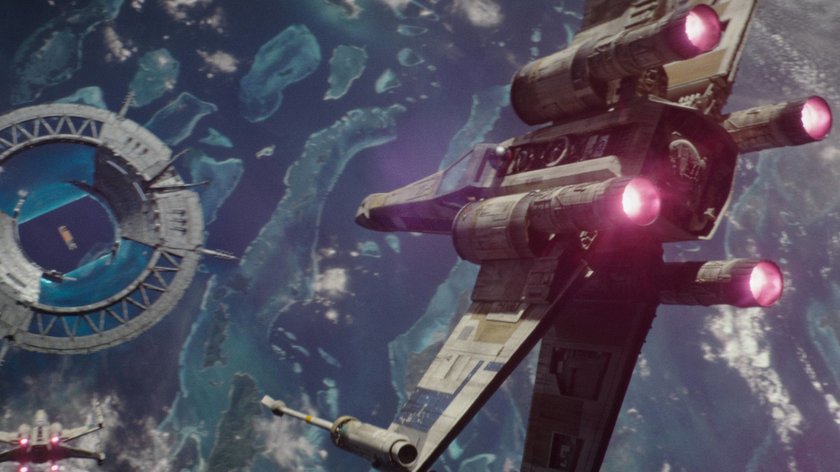Disney is embroiled in a legal dispute over the digital recreation of a deceased actor in “Rogue One: A Star Wars Story”. The case raises ethical questions about the posthumous use of actors’ likenesses in films.

Legal battle over Grand Moff Tarkin’s appearance
Eight years after the release of “Rogue One: A Star Wars Story”, Disney finds itself in a legal predicament concerning the digital resurrection of actor Peter Cushing, who portrayed the iconic Star Wars villain Grand Moff Tarkin. Cushing had passed away 20 years before the film’s release, yet his character made an appearance through digital technology.
British production company Tyburn Film Productions is now taking Lucasfilm, and by extension Disney, to court. They claim that Disney digitally revived the actor without possessing the necessary rights. The basis for this claim is rather unusual: Tyburn asserts that Cushing signed a contract in 1993 granting them the authority to determine his posthumous appearances.
The background to this contract involves a TV film called “Heritage of Horror”, in which Cushing was set to star. However, he was severely ill at the time and passed away a year later, resulting in the film never being produced. Tyburn Film Productions is now seeking compensation for Cushing’s appearance in Rogue One. In response, Lucasfilm argues that they only used footage from “Star Wars: Episode 4”. After brewing for some time, this dispute will now be settled in court (Source: The Telegraph).
Ethical concerns and implications
The controversy surrounding Peter Cushing’s appearance in “Rogue One: A Star Wars Story” is problematic on multiple levels. While the technology to bring actors back for cameo appearances may be impressive, it raises significant moral questions. In the author’s opinion, Disney did itself no favors here and should refrain from such practices in the future.
On the other side, Tyburn Film Production appears to be using an old contract to extract money from Disney. The real Cushing could never have anticipated in 1993 that he would one day be digitally cloned. To now claim that he had sold the rights to his own face back then is simply repugnant.
The dispute between Disney and Tyburn Film Production symbolizes how major studio dealings have long ceased to be about people. Peter Cushing’s legacy and wishes play no role here. Instead, it’s solely about a digital face and a 30-year-old contract.